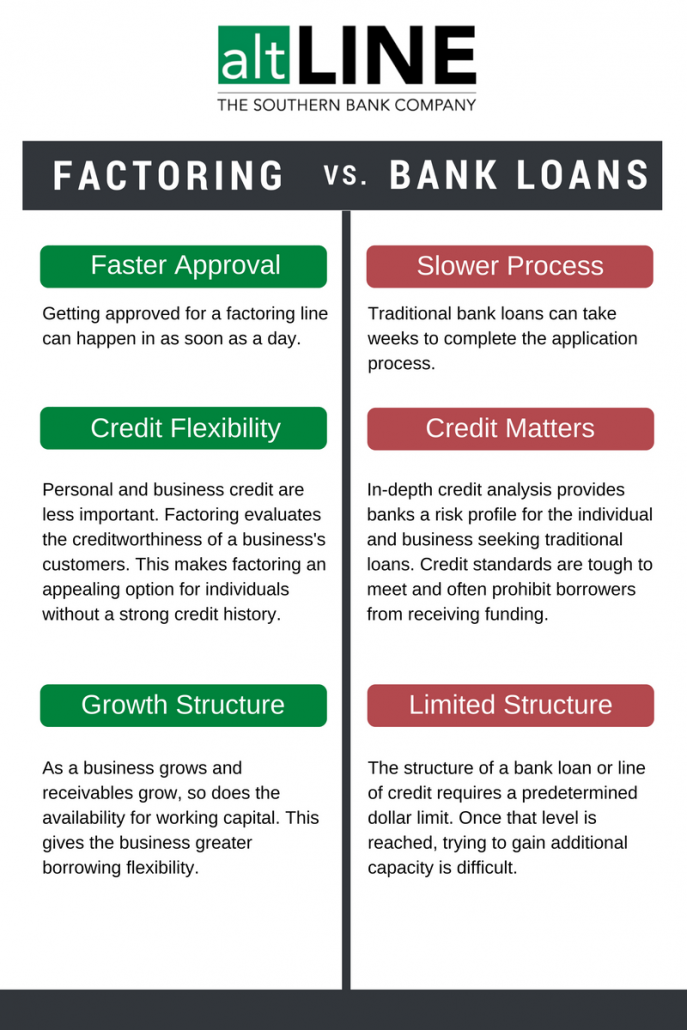Table of Content
Brokers often charge hefty brokerage fees, though, and they may push you toward specific lenders they have deals with. You might also consider seller-financing for your home purchase, where the home’s seller agrees to let you purchase the property over time, via monthly installments. These types of loans typically come with higher interest rates due to the bigger risk they pose to the seller, however. Banks often offer special benefits or discounts to their existing banking customers. They may even have proprietary in-house loan options designed for specific buyer segments, such as self-employed buyers or investors. Information provided on Forbes Advisor is for educational purposes only.

You may find it easiest to simply reach out to a local banker to assist you with the home loan process if you already have a relationship with a bank. But dedicated mortgage lenders are grabbing an increasingly large share of the home loan market due to their flexibility and speed in closing loans. Both banks and mortgage lenders can help you get the funds you need to buy your home, as long as your credit, income, and debts meet their qualifications. For a fee, they will explore options from multiple lenders to find the loan that works best for you, and support you through the application process.
How direct lenders (mortgage lenders and banks) work
Mortgage brokers typically represent both businesses and individuals in the mortgage industry. A mortgage broker, on the other hand, can act as a middleman between homeowners and lenders, in addition to acting as a middleman between banks and borrowers. A mortgage broker will work with a lender to obtain a pre-approval based on their client’s needs and background. Many times, a full credit report as well as income documentation will be requested. Mortgages obtained from brokers are typically much better than those obtained from banks due to the lower interest rates offered by brokers.
You also have to choose the type of mortgage company you want to work with. While they lack speed and price compared to correspondent lenders, they make up for it in size. Traditional banks offer a narrow range of mortgage products, and interest rates are typically above industry averages. Traditional banks are a good choice for home buyers who prefer to work with a familiar bank name and who don’t mind slower processing times.
Can I be a Private Lender?
The interest paid on your bank loan is a tax-deductible expense, so long as it’s used for business-related reasons. It’s more difficult for newer business owners to obtain large business loans, often with unfavorable terms, like higher interest rates or smaller amounts than under normal circumstances. They can be approved with fewer pieces of documentation than bank loans.

A private loan is given by a person or business that establishes its own policies, guidelines, and eligibility standards, which may vary for each borrower. Private mortgages are often riskier credit products because the interest rate will be higher, minimizing home equity benefits. One of the primary reasons many people choose to stick with the Big Four banks is convenience of local branch networks. Having a physical bricks-and-mortar branch nearby gives some customers a sense of tangibility. They have the option of walking into the branch and speaking with a customer service representative or handing cash directly to a cashier.
Am I eligible for the Family Home Guarantee?
The majority of first-time home buyers use financing best suited to correspondent lending. To find out more about how we make money and our editorial process, click here. To find out more about how we make money and our editorial process,click here.

The best fit for your purchase will depend on your unique home-buying scenario, your finances, and your goals. Let me tell you—the process is so easy and simple, and they really find you the best prices for your coverage level. Because of that, they have a vested interest in finding a product that works for you so that you don’t choose another lender. The small deposit is possible under the scheme as part of the home loan from a participating lender is guaranteed by the National Housing Finance and Investment Corporation . The Family Home Guarantee is designed to support eligible single parents with at least one dependent child to purchase a home with a minimum 2% deposit without paying Lenders Mortgage Insurance. Through recognising these difficulties, successive governments have introduced schemes that assist new home buyers and provide more equitable access to home ownership for all.
The easiest way to check if you’re not sure is by checking the Better Business Bureau. You’ll find a list of trusted lenders and ones that have been reported to avoid, including online direct lenders and banks. There is a good reason direct lending is on the rise and showing up the banks, in personal lending and in the corporate world. Recently it was reported that large-scale direct lending is on the rise displacing Wall Street as the go-to for hedge funds and buyout firms. Having to visit your local branch is a thing of the past with more and more of us preferring to do our banking in the comfort of our home, as is the habit for many daily activities in general.
To help support our reporting work, and to continue our ability to provide this content for free to our readers, we receive payment from the companies that advertise on the Forbes Advisor site. The first thing you notice about the big 4 is that their branches are everywhere. A 2nd tier lender usually has few or no branches and provide online/telephone services as a replacement. The list below is based on the loans and advances on Australian books of individual banks sorted by owner occupied housing lending. So what is it about the big 4 banks that makes them the first choice for many?
Average APRs for online personal loan lenders range from 5.99 percent to 35.99 percent. Never overpay for car insurance Jerry automatically shops for your insurance before every renewal. To the best of our knowledge, all content is accurate as of the date posted, though offers contained herein may no longer be available. The opinions expressed are the author’s alone and have not been provided, approved, or otherwise endorsed by our partners. NAB and the Commonwealth Bank are the only big four banks authorised; however, there are currently 30 other non-bank lenders on the list.
A bank may have more strict credit requirements and less flexibility when working with borrowers in atypical situations than a lender that only offers mortgages. The majority of mortgages are sold by designated mortgage lenders and banks, but other options exist that are sometimes hybrids between the two. You might consider a financial technology firm, as well as a credit union, savings and loan association, or a smaller financial institution.

No comments:
Post a Comment